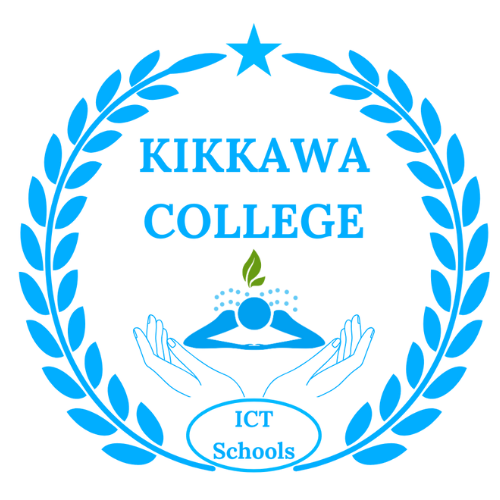The massage therapy room is a unique space built on trust. A client is in a vulnerable position, both physically and emotionally. Therefore, the professional conduct of the therapist is not just a matter of policy; it is the very foundation upon which a safe and effective therapeutic relationship is built. A comprehensive Massage Therapy Diploma program places a heavy emphasis on ethics and boundaries, ensuring that graduates enter the field not only as skilled technicians but as trusted professionals who understand the profound responsibility of their role.
Ethics in massage therapy encompass a wide range of principles, starting with unwavering confidentiality. What a client shares about their health, stress, or life circumstances must be held in strict confidence, exactly like a medical record. This creates a safe space for open communication, which is essential for tailoring an effective treatment. Furthermore, ethical practice requires staying within your scope of practice. A massage therapist is not a doctor, psychologist, or personal trainer. While you can observe and report, you must avoid diagnosing conditions, prescribing treatments, or giving medical advice. Knowing when to refer a client to another healthcare professional is a critical ethical skill that protects both the client and the practitioner.
Perhaps the most critical area is the establishment and maintenance of clear professional boundaries. These boundaries are multifaceted. They include physical boundaries, which are clearly defined by the use of proper draping techniques—ensuring only the area being worked on is exposed at any given time. They also include emotional and social boundaries. The relationship is therapeutic, not a personal friendship. While empathy is essential, it is important to maintain a professional demeanor and avoid oversharing personal information or blurring the lines outside the clinical setting. This structure is not cold; on the contrary, it is what allows the client to fully relax and trust in the process without any ambiguity or concern.
A strong ethical framework also governs business practices, such as honest advertising, accurate representation of services, and transparent pricing. At ICT Schools, the Massage Therapy Diploma curriculum integrates ethics into every aspect of training. Through discussions and scenario-based learning, students develop the judgment and confidence to navigate complex situations. By internalizing a strong code of ethics, you ensure that your practice is a sanctuary of safety, respect, and professionalism, where the focus remains solely on the client’s well-being and the powerful, positive benefits of therapeutic touch.






